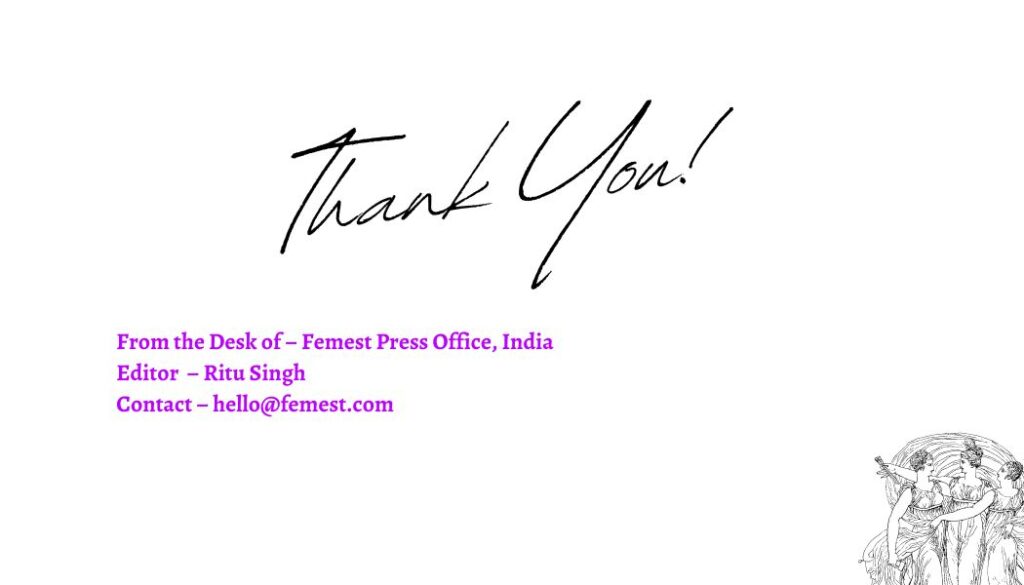Asian women are often portrayed as submissive, docile, and passive. These stereotypes are harmful, as they can lead to discrimination and marginalization of Asian women, and they do not accurately reflect the real lives of Asian women.
Asian women are diverse and complex, with various experiences and identities.
Breaking stereotypes is essential to ensure that Asian women can live their lives authentically and without prejudice.
Challenging Stereotypes
One way to challenge stereotypes is to showcase the diversity of Asian women. Asian women come from various cultures and backgrounds and have different experiences and perspectives. By highlighting the stories of Asian women breaking stereotypes, we can challenge the idea that all Asian women are the same.
For example, some Asian women are breaking gender norms and pursuing careers in traditionally male-dominated fields. Some Asian women defy cultural expectations by speaking out against injustices and advocating for change. These stories challenge the stereotype of Asian women as submissive and passive, showing that Asian women can be leaders and agents of change.

The Importance of Representation
Representation is also crucial in breaking stereotypes. When Asian women are represented in the media, it is often narrowly and stereotypically. By increasing the representation of Asian women in all areas of media, we can provide more accurate and diverse portrayals of Asian women.
This can help to break down stereotypes and promote understanding and acceptance of Asian women.
It is also important to provide platforms for Asian women to share their own stories and experiences. This can include creating spaces for Asian women to speak out about their experiences of discrimination and marginalization and areas to celebrate their accomplishments and successes.
By providing these platforms, we can help to amplify the voices of Asian women and provide more nuanced and authentic portrayals of their lives.
Addressing Discrimination
Breaking stereotypes is also essential in addressing discrimination against Asian women. Stereotypes can contribute to harmful attitudes and behaviours towards Asian women, including harassment, discrimination, and violence.
By questioning these stereotypes and promoting understanding and acceptance of Asian women, we can work to address these issues and create a more equitable society for all.
One way to address discrimination is to promote intersectional feminism. This involves recognizing that Asian women experience discrimination not only based on their gender but also based on their race and other identities. By acknowledging and addressing the unique experiences and challenges faced by Asian women, we can work to create a more inclusive and just society for all women.
In addition, it is essential to recognize and address the specific issues faced by different groups of Asian women. For example, Southeast Asian women may face other challenges than East Asian women, and immigrant Asian women may face different challenges than Asian American women. By understanding and addressing these differences, we can create more effective and inclusive solutions to the challenges faced by Asian women.
Breaking stereotypes is essential in ensuring that Asian women can live their lives authentically and without prejudice. We can create a more equitable and just society for all women by challenging stereotypes, increasing representation, and addressing discrimination.
Asian women are complex and diverse, and their experiences and stories deserve to be heard and celebrated.
By working together to break down stereotypes and promote understanding, we can create a world where all women, including Asian women, can thrive and reach their full potential.

